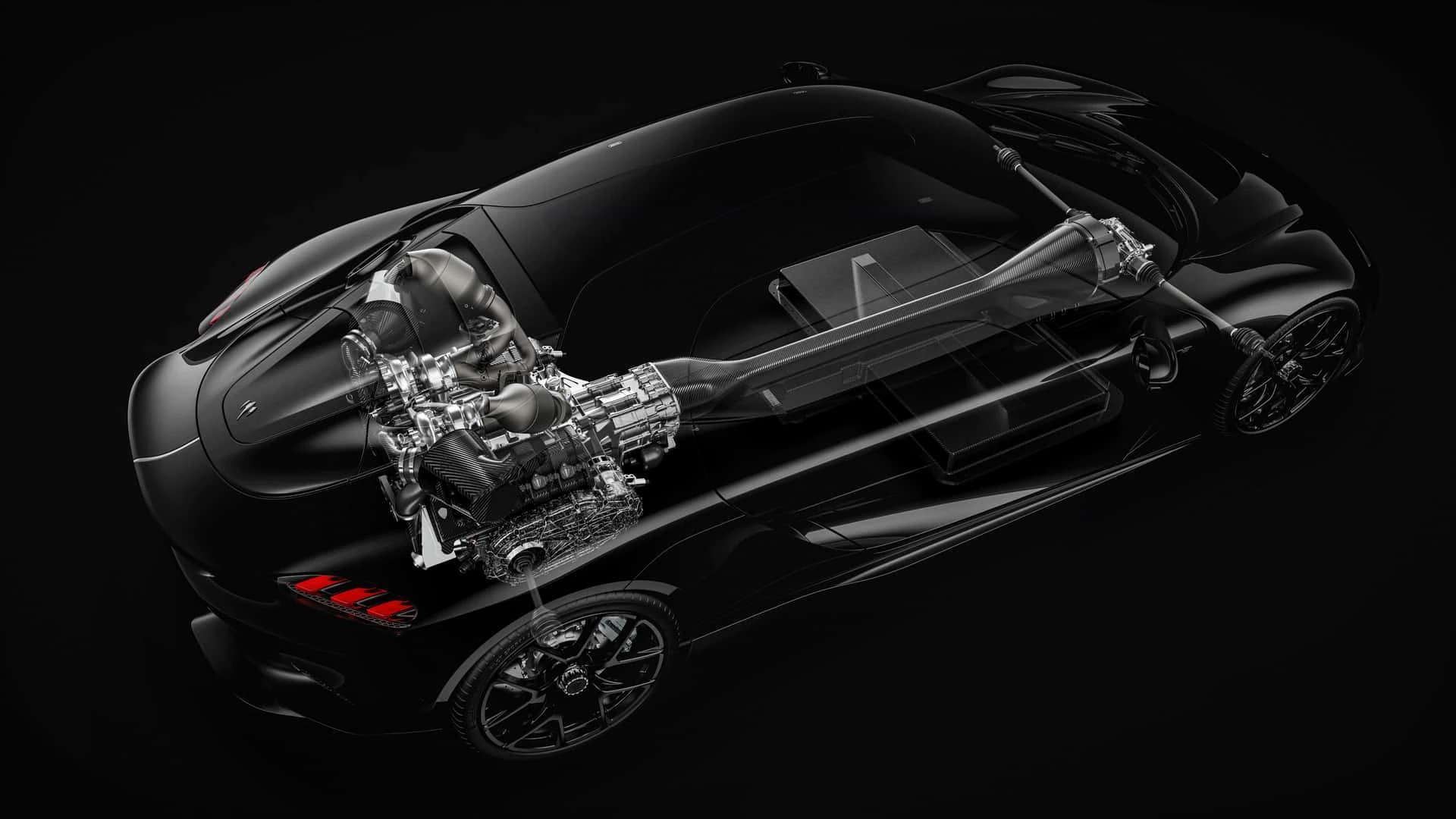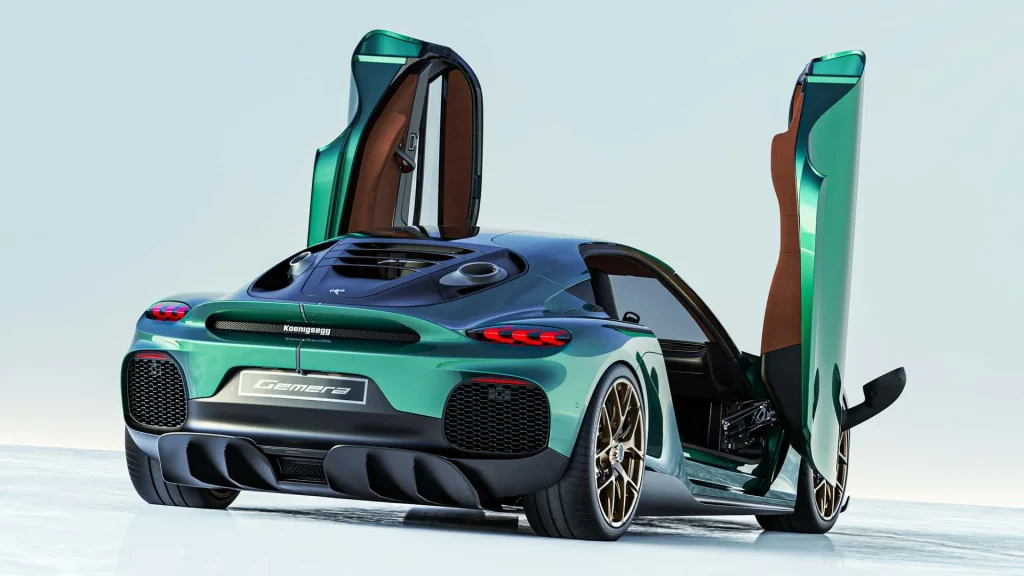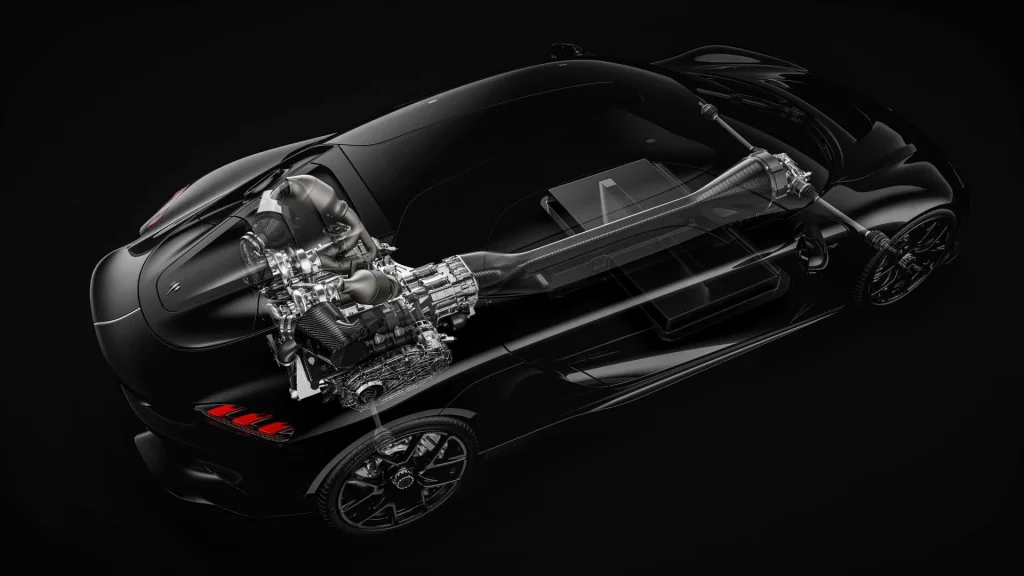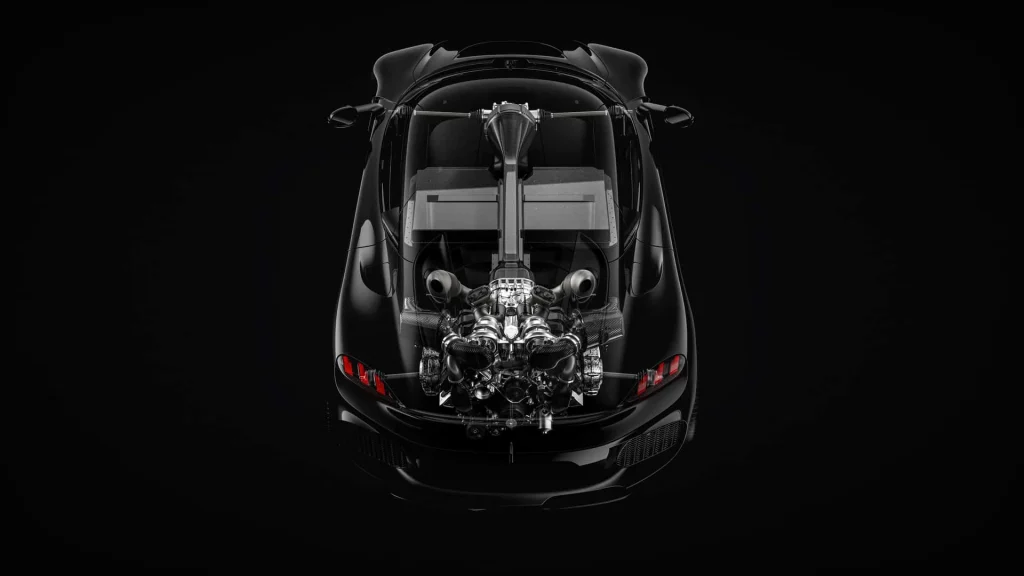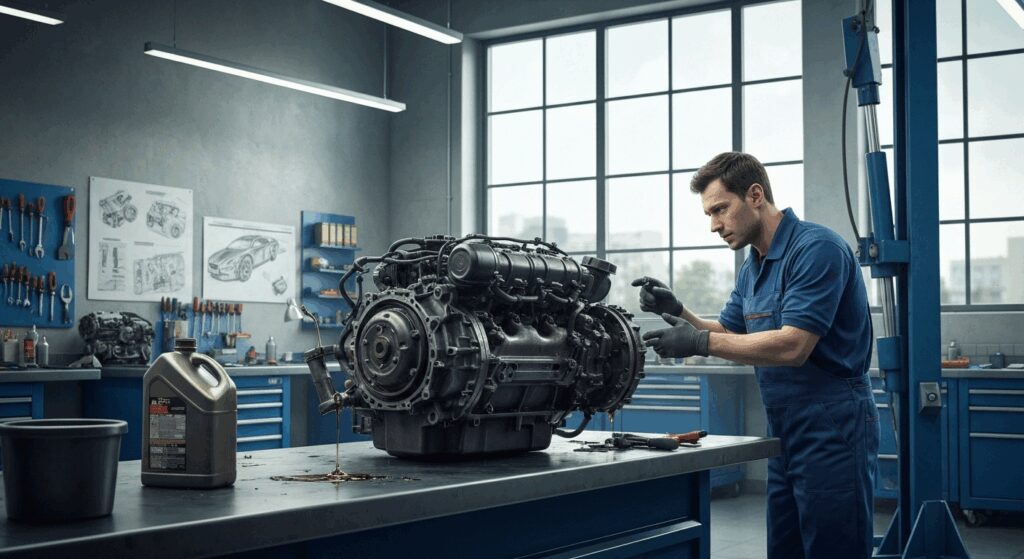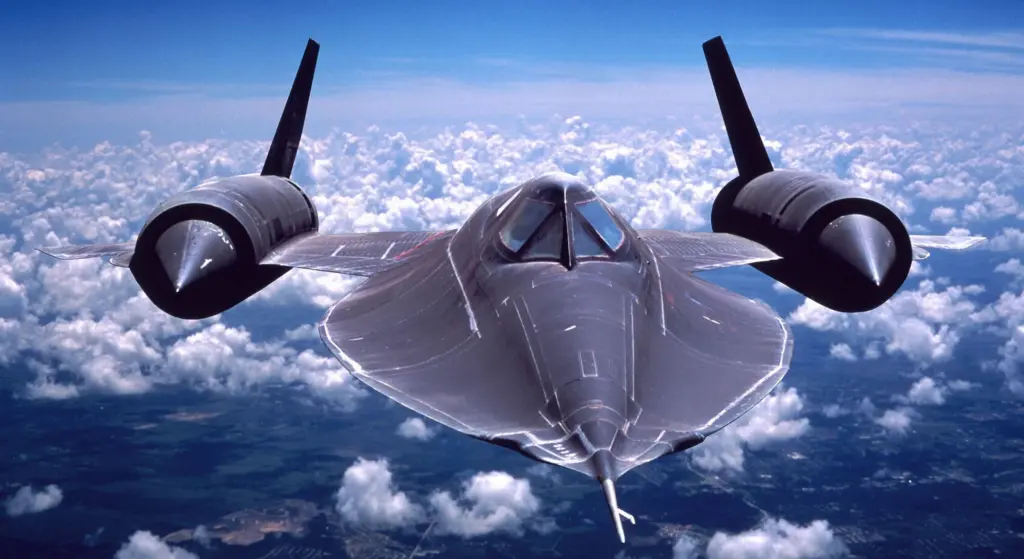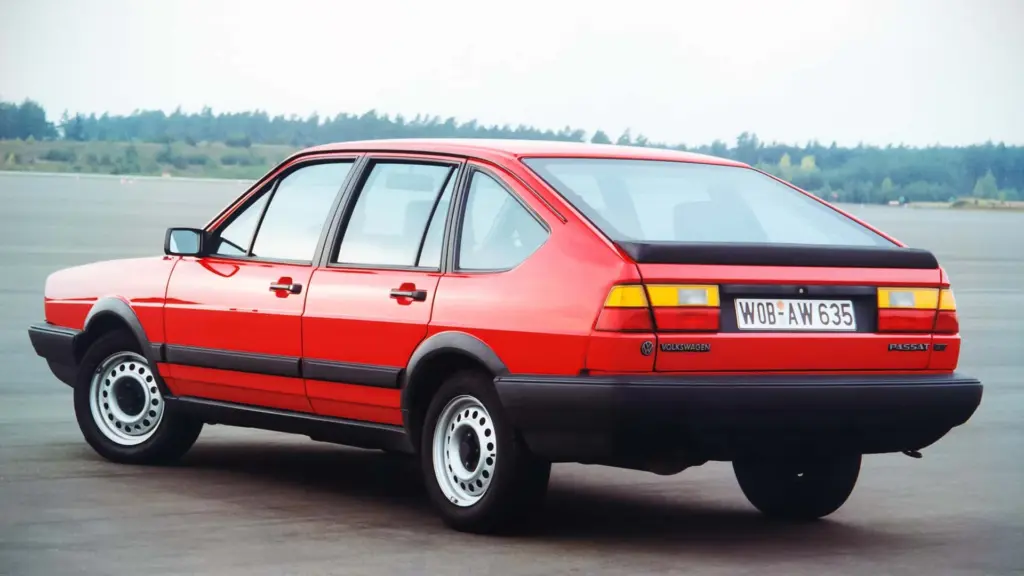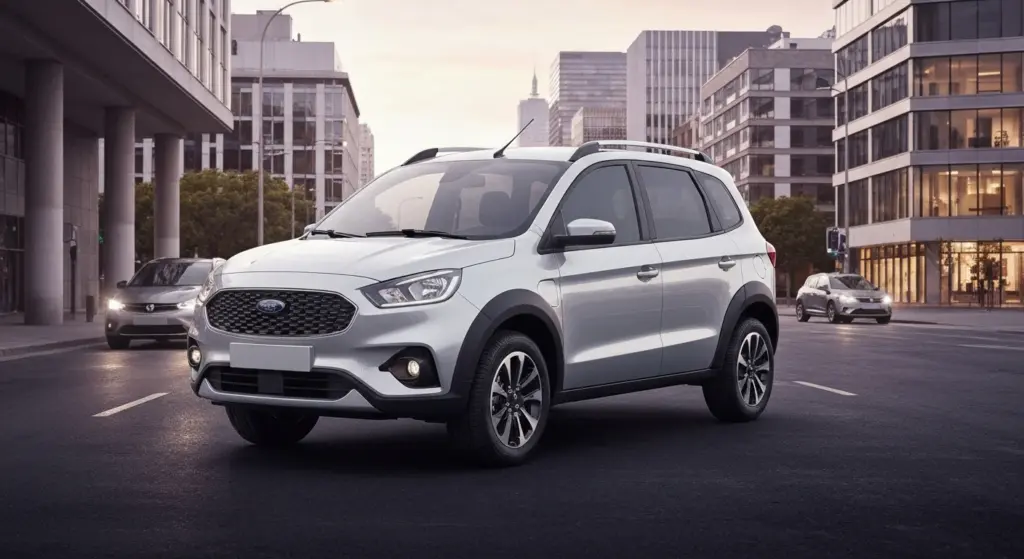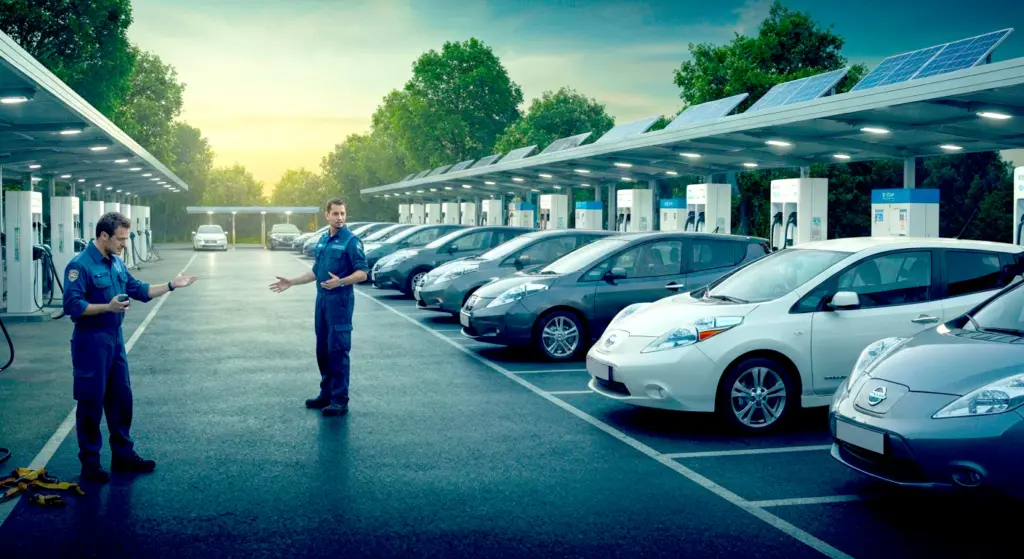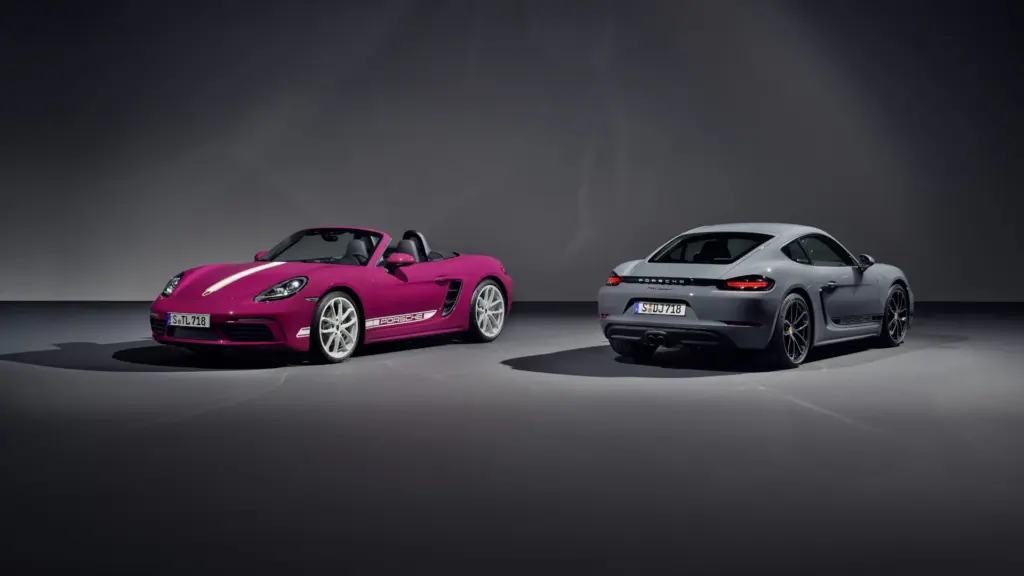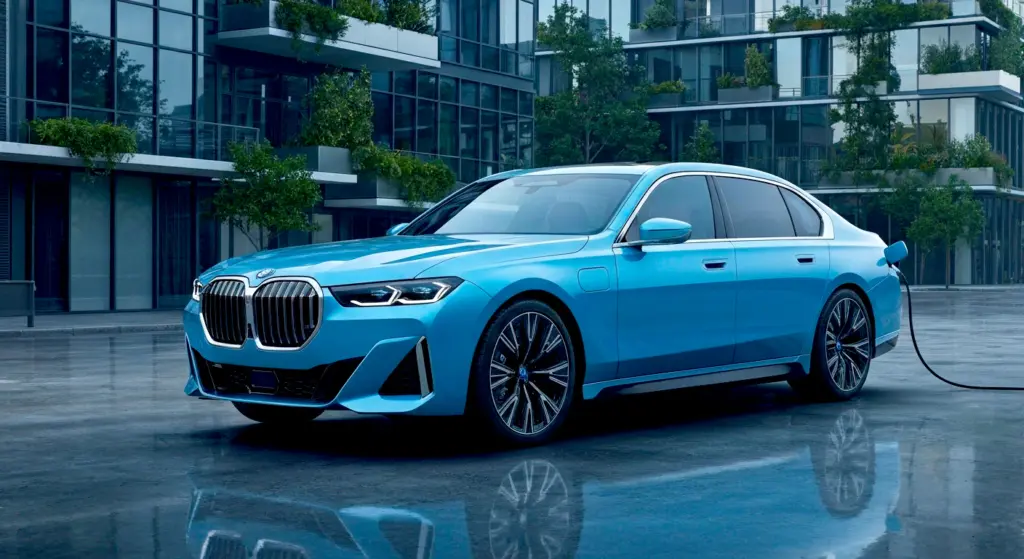The automotive industry is in constant transformation, and Koenigsegg, famous for its hypercars, has just made an unexpected move. By announcing a three-cylinder engine for the Gemera model, the Swedish manufacturer surprised both enthusiasts and critics. This change represents a significant evolution in Koenigsegg’s approach, which has traditionally excelled with its powerful V-8 engines. However, sales of the 2.0-liter twin-turbo engine did not meet expectations, forcing the company to reassess its engine options.
In this article, we will explore the details regarding Koenigsegg’s decision to abandon the three-cylinder engine in the Gemera and the CEO’s confirmation of the preference for the V-8 engine. We will analyze the implications of this choice for the brand and the future of its models.
Koenigsegg abandons three-cylinder engine in the Gemera
Koenigsegg has abandoned the three-cylinder engine in the Gemera due to low buyer interest. Although the idea of a compact and efficient engine has its advantages, the reality of the market showed that consumers prefer power and performance, characteristics that V-8 engines offer excellently. The 2.0-liter twin-turbo engine, which promised a combination of efficiency and power, failed to gain buyers’ confidence, resulting in a change of direction for Koenigsegg.
The Gemera was initially designed to be an innovative hybrid, combining the three-cylinder engine with three electric motors, totaling an impressive power of 1,700 hp. However, the lack of customer interest in purchasing the model with the three-cylinder engine led Koenigsegg to reconsider its options. With production limited to only 300 units, the demand for the V-8 engine became evident, forcing the manufacturer to prioritize this configuration.
The decision to abandon the three-cylinder engine does not mean that the technology has been completely discarded. CEO Christian von Koenigsegg stated that the development of the engine continues, and there is a possibility that it will be used in future versions of the Gemera or in new models. Thus, Koenigsegg keeps the door open for innovations, even though the current market preference is clearly leaning towards powerful V-8 engines.
Koenigsegg CEO confirms preference for V-8
Christian von Koenigsegg, the CEO of the brand, confirmed in an interview that the popularity of the V-8 engine has exceeded all expectations. The 5.0-liter twin-turbo engine that will be used in the Gemera delivers an impressive 2,300 hp and 2,028 lb-ft of torque, features that delight speed and performance enthusiasts. This choice reflects not only Koenigsegg’s tradition but also the market’s demand for powerful, high-performance machines.
The decision to maintain the V-8 engine in the Gemera reflects Koenigsegg’s commitment to offering products that meet customer expectations. With production scheduled to begin later this year and deliveries expected in 2025, the Swedish manufacturer is ready to deliver a vehicle that promises to be a true spectacle of automotive engineering. The limitation to 300 units makes the Gemera even more exclusive, increasing its appeal among collectors and hypercar enthusiasts.
Although the technology of the three-cylinder engine continues to be developed, the preference for the V-8 engine is a testament to Koenigsegg’s tradition as a manufacturer of high-performance hypercars. Christian von Koenigsegg was not surprised by this preference, highlighting that the power and adrenaline that a V-8 engine provides are hard to match. Thus, Koenigsegg reaffirms its position as one of the leading references in innovation and performance in the automotive world.
Koenigsegg’s decision to abandon the three-cylinder engine in the Gemera in favor of the V-8 engine highlights the importance of customer feedback and market demands. While innovation is key, tradition and performance continue to be the pillars that uphold the brand’s image. As Koenigsegg moves forward with its projects, enthusiasts eagerly await the news to come, especially regarding the future of engine technology.
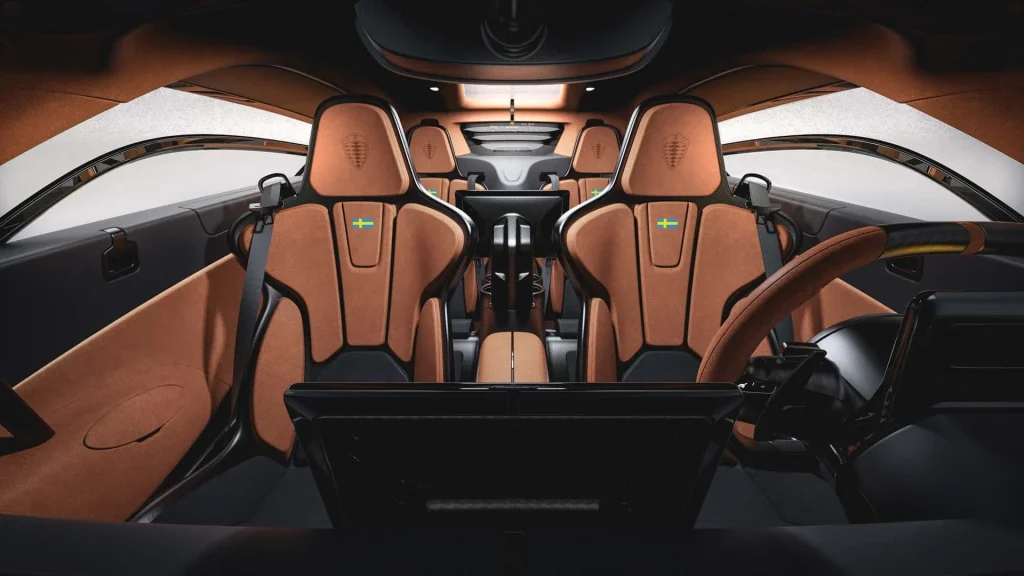
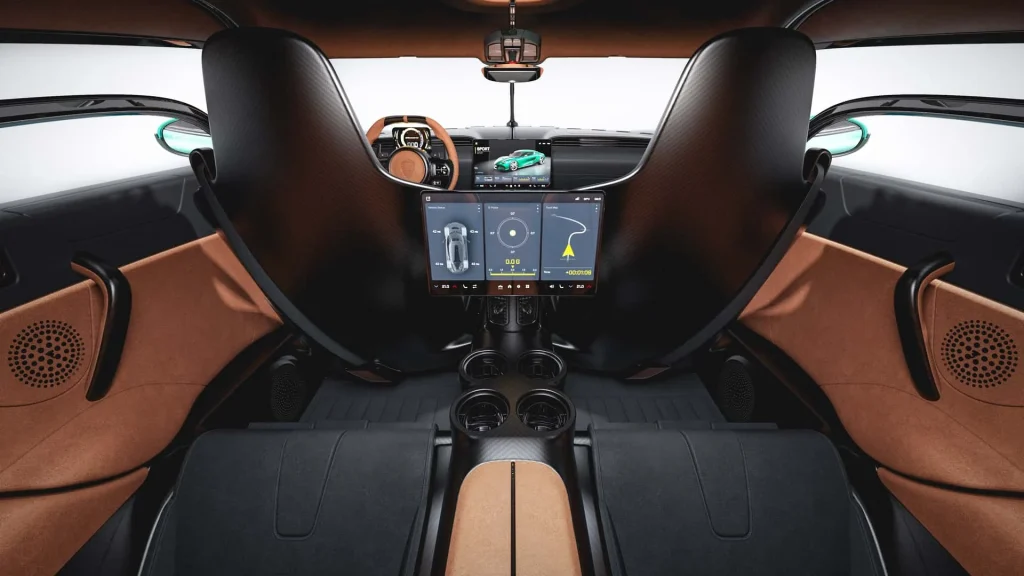
Author: Fabio Isidoro
Founder and editor-in-chief of Canal Carro, he dedicates himself to exploring the automotive universe with depth and passion. A car and technology enthusiast, he produces technical content and in-depth analyses of national and international vehicles, combining quality information with a critical eye for the public.

